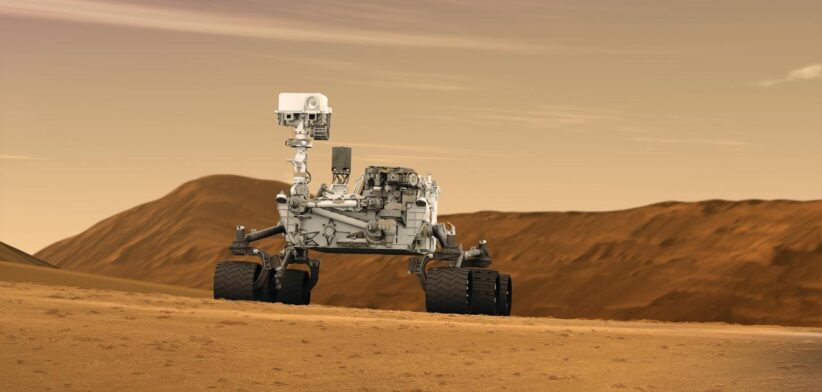Latest data from NASA’s Curiosity mission on Mars has failed to find evidence that the planet previously supported life.
Samples collected by the Curiosity rover were examined to evaluate the belief that Mars may have been suitable for life in its ancient past.
NASA’s Goddard Space Flight Center researcher David Burtt, in a paper released this week, said the samples did not confirm life-supporting conditions in the past.
“Our samples are not consistent with an ancient environment with life (biosphere) on the surface of Mars,” he said.
“This does not rule out the possibility of an underground biosphere or a surface biosphere that began and ended before these carbonates formed.
“The isotope values of these carbonates (in the samples) point toward extreme amounts of evaporation, suggesting that these carbonates likely formed in a climate that could only support transient liquid water.”
The NASA team is trying to understand the evolution of the Mars climate after finding evidence of widespread liquid water on the surface.
“Although the surface of Mars is frigid and hostile to life today, NASA’s robotic explorers at Mars are searching for clues as to whether it could have supported life in the distant past,” NASA said in a statement.
“Researchers used instruments on board Curiosity to measure the isotopic composition of carbon-rich minerals (carbonates) found in Gale Crater and discovered new insights into how the Red Planet’s ancient climate transformed.”








